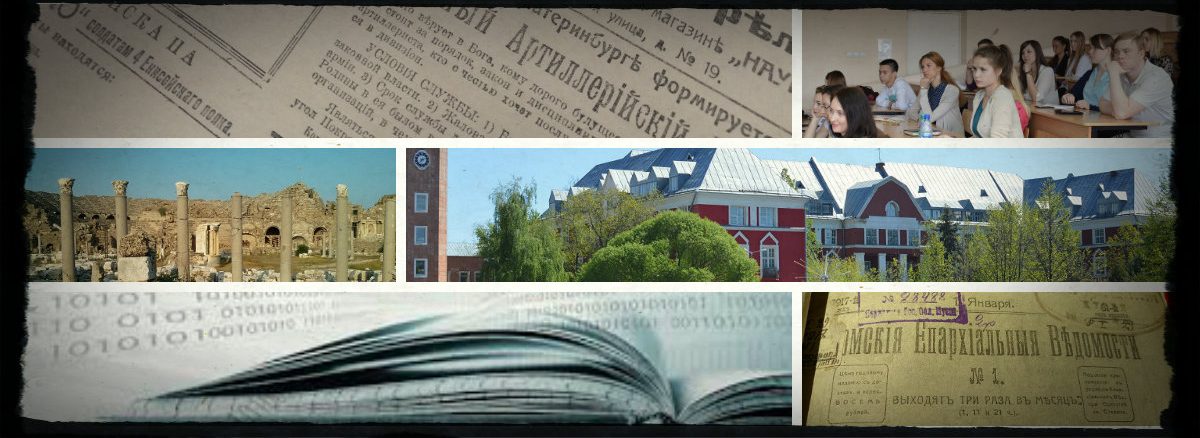The papers of Eliza Lucas Pinckney (1722–1793) and her daughter Harriott Pinckney Horry (1748–1830) document the lives of two observant and articulate founding-era women who were members of one of South Carolina’s leading families. Their letters, diaries, and other documents span nearly a century (1739–1830) and provide a window on politics, social events, and people of the late colonial and early national periods.
Coverage: 1739–1830
Источник описания
The Texas Slavery Project examines the spread of American slavery into the borderlands between the United States and Mexico in the decades between 1820 and 1850. American slaveholders began migrating to the Mexican province of Texas in the 1820s, where they established a society like those developing at the same time in Mississippi and Alabama. Tensions quickly rose between these Anglo settlers and the government of Mexico, which repeatedly attempted to outlaw slavery in Texas. Settlers in the region eventually rebelled from Mexico in 1836 and established the Republic of Texas. From 1836 to 1845, slaveholders from the American South poured into this new nation between the borders of the United States and Mexico.
Centered on a database of slave and slaveholder populations in Texas during the Republic era (1837-45), the Texas Slavery Project offers a window into the role slavery played in the development of Texas in the years before the region became part of the United States.Dynamic interactive maps show the changing flows of enslaved and slaveholder populations in Texas over time. The population database search engine allows users to discover the growth of slave and slaveholder populations in the region. Digitized original documents from the era provide an opportunity to hear the voices of those who lived with slavery in early Texas
The Texas Slavery Project takes a deep look at the expansion of slavery in the borderlands between the United States and Mexico in the years between 1837 and 1845. Based at the Virginia Center for Digital History, the project offers a number of digital tools that allow users to explore the changing face of slavery in early Texas:
- The project's dynamic maps plot the flows of slavery into and throughout Texas during the years the region was an independent republic (1836-1845). This mapping interface is fully interactive, allowing you to select and then animate the changes in different slave and slaveholder populations in Texas. You can interact with the map itself (by clicking on a particular county to see statistics about that particular time and place) or with the maps tools (by graphing particular counties to see the changes in populations).
- The database search engine allows you to search and parse the population database in a number of ways. You can search for slave and slaveholder populations for all counties in Texas, or search for individual ones. You can search for statistics on counties, or see the entire population database. The graphing interface also allows users to see these statistics and numbers plotted and charted in a number of ways.
- The primary sources provide a window in the words and thoughts of men and women who lived with slavery every day in Texas. These sources include personal letters, newspaper articles, constitutions, legal documents, and laws.
